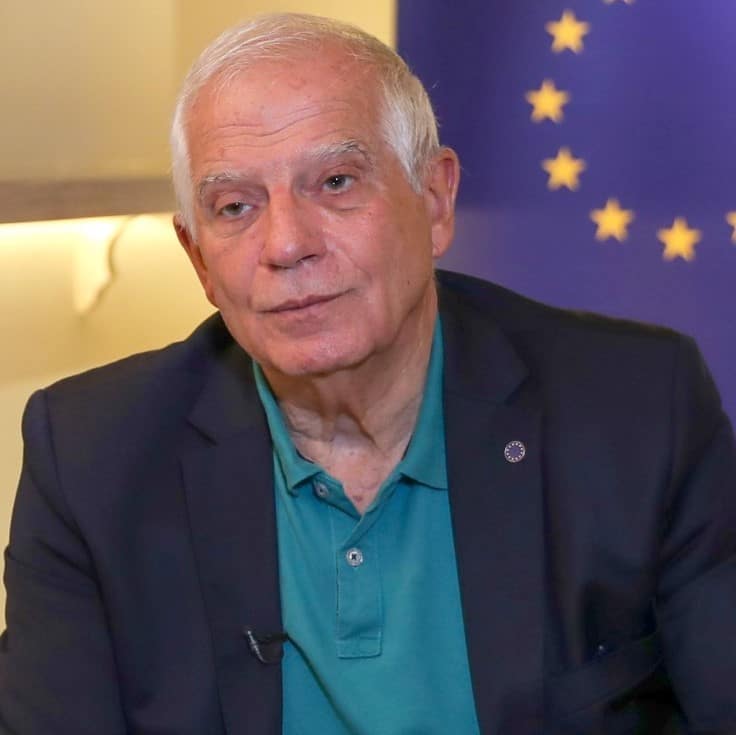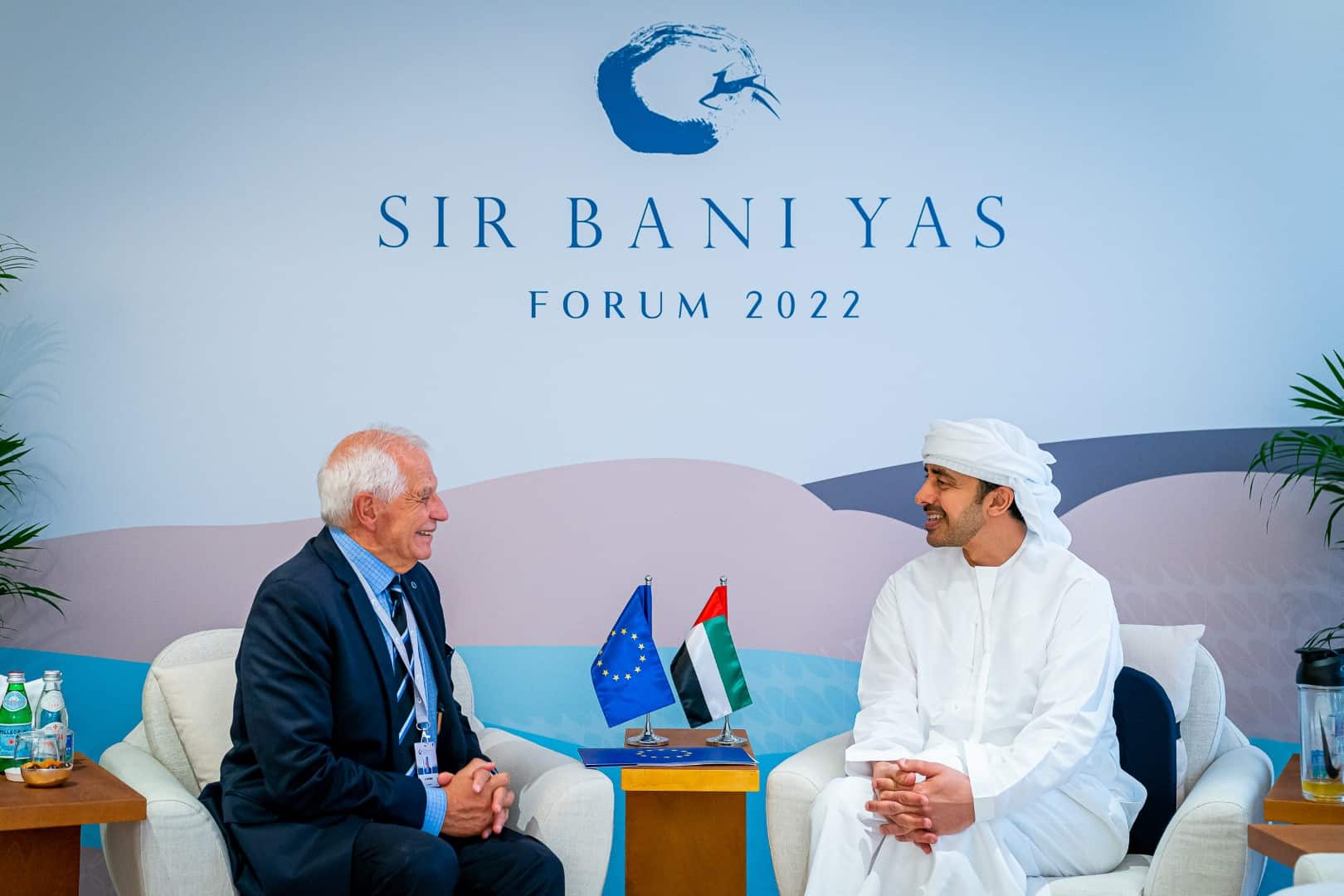ABU DHABI, UAE — The cooperation between the European Union (EU) and the Gulf countries in energy and security domains is very crucial as supplies from the Gulf have changed the Europe’s energy landscape, the EU foreign policy chief told the Emirates News Agency (WAM) in an interview, adding that “your [Gulf’s] security is our security.”

Josep Borrell, the EU High Representative for Foreign Affairs and Security Policy, pointed out that before the Ukrainian crisis, the EU was importing 40 percent of its energy supplies from Russia, which was reduced to eight percent later. While looking for other suppliers, the Gulf, especially the UAE, offered the energy supplies, which has been very helpful, said the top diplomat who was on an official visit to the UAE.
Borrell emphasised that an important part of energy supplies to the EU has come from this part of the world, including the UAE. “This has changed the energy landscape of Europe.”
Since the current energy supply scenario may continue for years, he noted, “We need to reduce our consumption of gas. We need other suppliers, and we need to continue fighting against climate change at the moment.”
He added that Europe is in a critical moment from an energy point of view.
As COP 27, the UN conference on climate change, is taking place in Egypt and the UAE is hosting the COP 28 next year, “I think our energy partnership makes more sense than ever. You are supplier, we are consumer, but hydrocarbon will not be the energy forever. We need to look for new sources. You have sun. You are investing a lot on new renewables. It is also an important partnership,” the top EU diplomat explained.
The Ukrainian crisis has been a big push for the EU to understand the requirement of more renewables, especially the need to develop hydrogen, Borrell revealed.
“We need to look for partners to develop hydrogen, because here you have surface and sun to produce green electricity and green hydrogen,” he pointed out, adding that the current energy crisis has accelerated the green transition in the EU
Gulf’s security is EU security
The EU has a new strategy for more engagement and better partnership with the Gulf countries, the foreign policy chief said.
“They [GCC] have always been very important for us. Not only because they are supplying energy, but the Gulf is becoming a strategic part of the world in the middle of the way between Europe, and South and East Asia.”
As the region is facing a lot of security challenges, “your security is also our security. We want to be a better partner. We have to engage more in order to face the big challenges,” Borrell said referring to the issues such as climate change, migration, security and the new energy landscape that brings both parties closer.
The war in Yemen, instability in Iraq and Syria, and negotiations on Iran nuclear deal are important developments in the wider Middle East, the foreign policy chief explained.
“The whole region is a mosaic of security issues. We want to work together with you to solve some of these problems. The peace between Israel and Palestine needs a strong engagement with the Arab world and the Europeans together,” said Borrell, a Spanish politician who took charge as the EU foreign policy chief in 2019.

